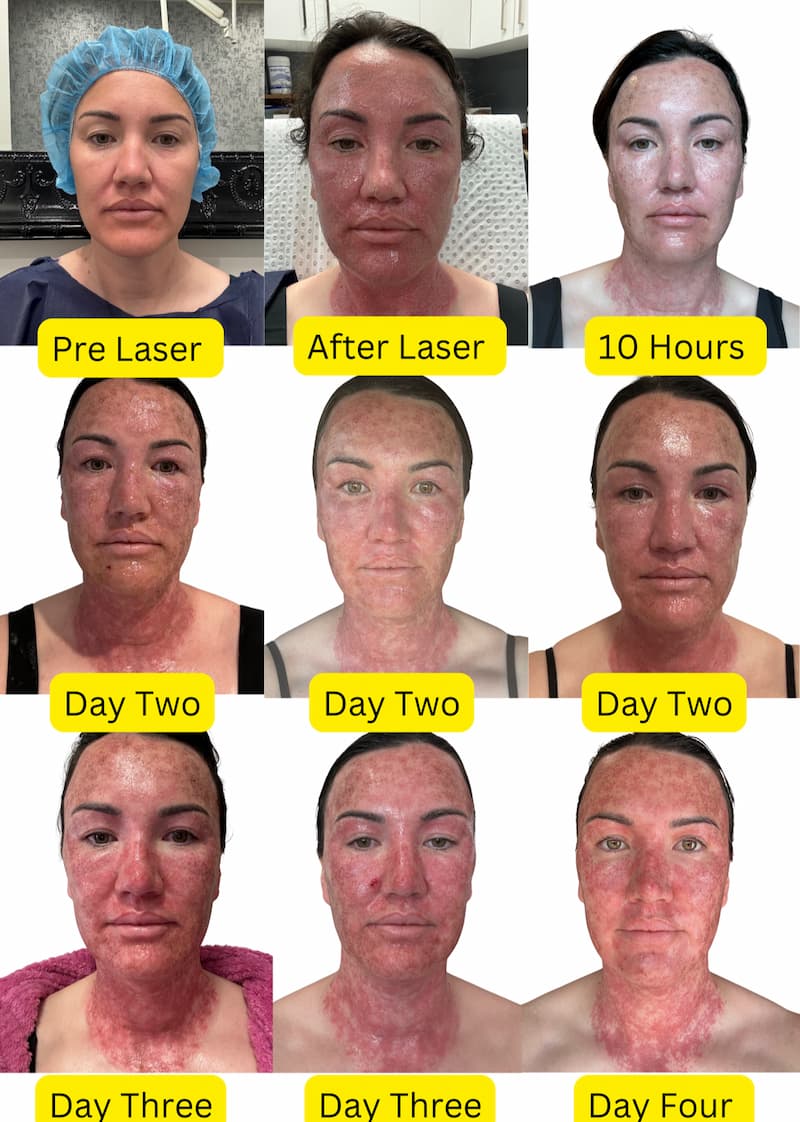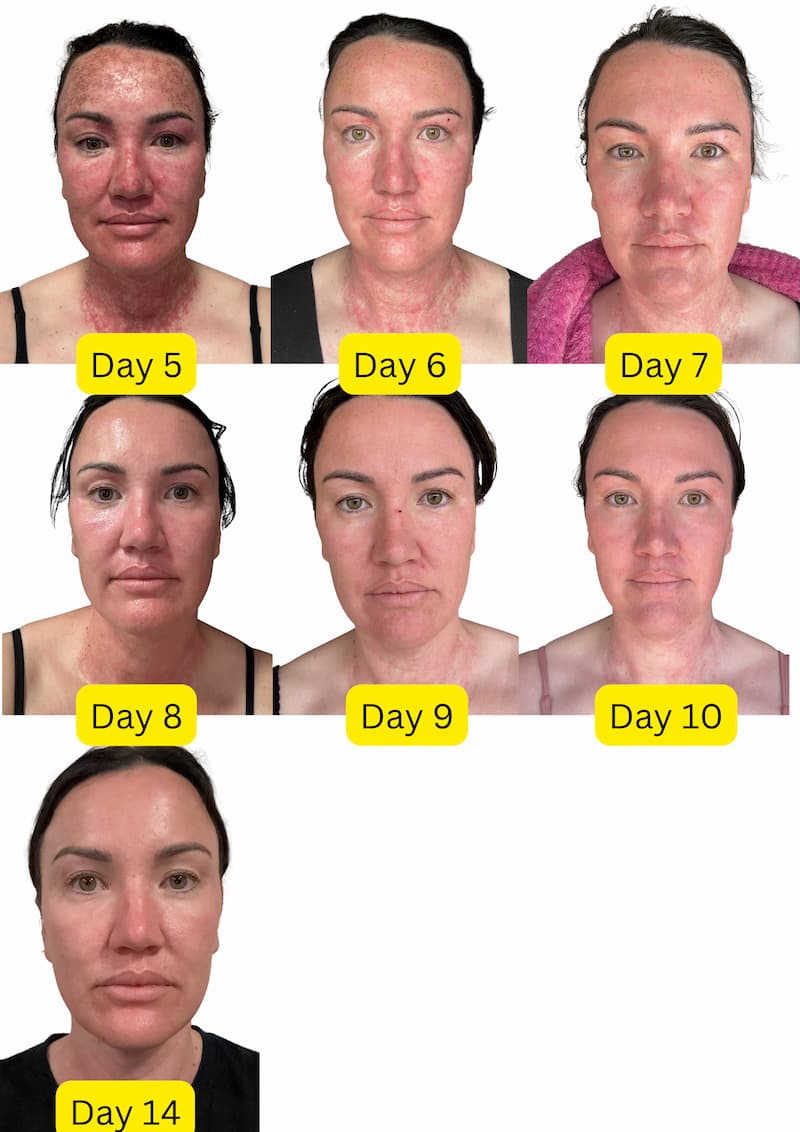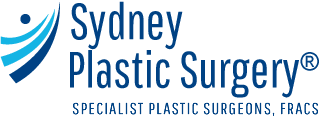Skin Laser Resurfacing
Fractional Facial Laser is a cosmetic procedure that uses a laser to improve the appearance of the skin. The treatment is non-invasive and is designed to reduce the appearance of fine lines, wrinkles, and scars.
The procedure involves using a laser to create small, controlled areas of damage on the skin. This damage triggers the body’s natural healing response, which stimulates the production of collagen and elastin fibers, which are essential for healthy skin.
Patients can typically return to their normal activities the next day after light laser treatment and 7-10 days after deep laser treatment.
Preparing for Laser Resurfacing
Your doctor will take a history and examine your skin quality. He will then decide whether you are a good candidate for laser treatment.
Preparation: Your skin needs to be chemically prepared seven days before the treatment. The surgeon will prescribe a combination of chemical peels that you can commence at night seven days before your treatment.


What to Expect During and After the Procedure
Laser resurfacing is performed by a plastic surgeon and is an outpatient procedure, meaning you won’t have to stay overnight.
The doctor will treat wrinkles around your eyes, mouth, forehead, entire face, and neck. For small areas, the doctor will numb the areas to be treated with anesthetic cream and may also offer sedation to be provided by a specialist anaesthetist. You may require general anaesthesia if your whole face is being treated with deep laser.
Treatment takes about 30 to 45 minutes.
Following the laser procedure, the doctor will apply Vaseline that is required on a daily basis for 7 days to prevent scabs from forming.
You may experience hot flushes, itching, or stinging for 12 to 72 hours after the procedure. Three to seven days after laser resurfacing, your skin will become dry and peel.
Depending on the treated problem, healing typically takes around 10 days. Once the skin heals, you can wear oil-free make-up to cover residual redness, which usually fades in 4 weeks.
It is particularly important that you use a sunscreen (SPF) of 30 or higher, which screens ultraviolet B and ultraviolet A rays, to protect your skin during that time.
Limit your time in the sun, especially between the hours of 10 a.m. and 2 p.m., and wear protective clothing, such as long-sleeved shirts, pants, and a wide-brimmed hat. Reapply your sunscreen every two hours when you are out, and more often if you are sweating or swimming.
It is also important to keep your new skin well moisturized. If you use Retin A or glycolic acid products, you should be able to start using them again after about six weeks or when the doctor says you can.
Benefits and Risks of Laser Resurfacing
Although skin resurfacing cannot produce perfect skin, it can improve the appearance of your skin. Potential risks of the procedure include:
- Burns or other injuries from the laser’s heat
- Scarring
- Changes in the skin’s pigmentation, including areas of darker or lighter skin
- Reactivating herpes cold sores
- Bacterial infection
Cost of Laser Skin Resurfacing
The average cost for medical laser skin resurfacing is ranging from $500 (for light laser, likely you need 4-6 treatments, 6 weeks apart with no downtime) to $2,900 (for deep laser, one treatment, requires 7-10 days of downtime).
Because laser skin resurfacing is considered a cosmetic procedure, most health insurance companies will not cover it. There may be an exception if you get the procedure to modify scars or remove precancerous growths on your skin.
For more information, please call us on 02-956 102 22
How many sessions of laser do you need?
As a general rule of thumb, the majority of patients need laser resurfacing once every 2-3 years to maintain healthy and shiny skin.
In conclusion, fractional facial laser can improve the appearance of fine lines, wrinkles, scars, and sun damages. Patients should consult with a qualified plastic surgeon to determine if fractional facial laser is the right treatment for them.
Call us on free phone 1300 002 006 if you are outside Sydney or 9561 0222 if you’re in the Sydney area

